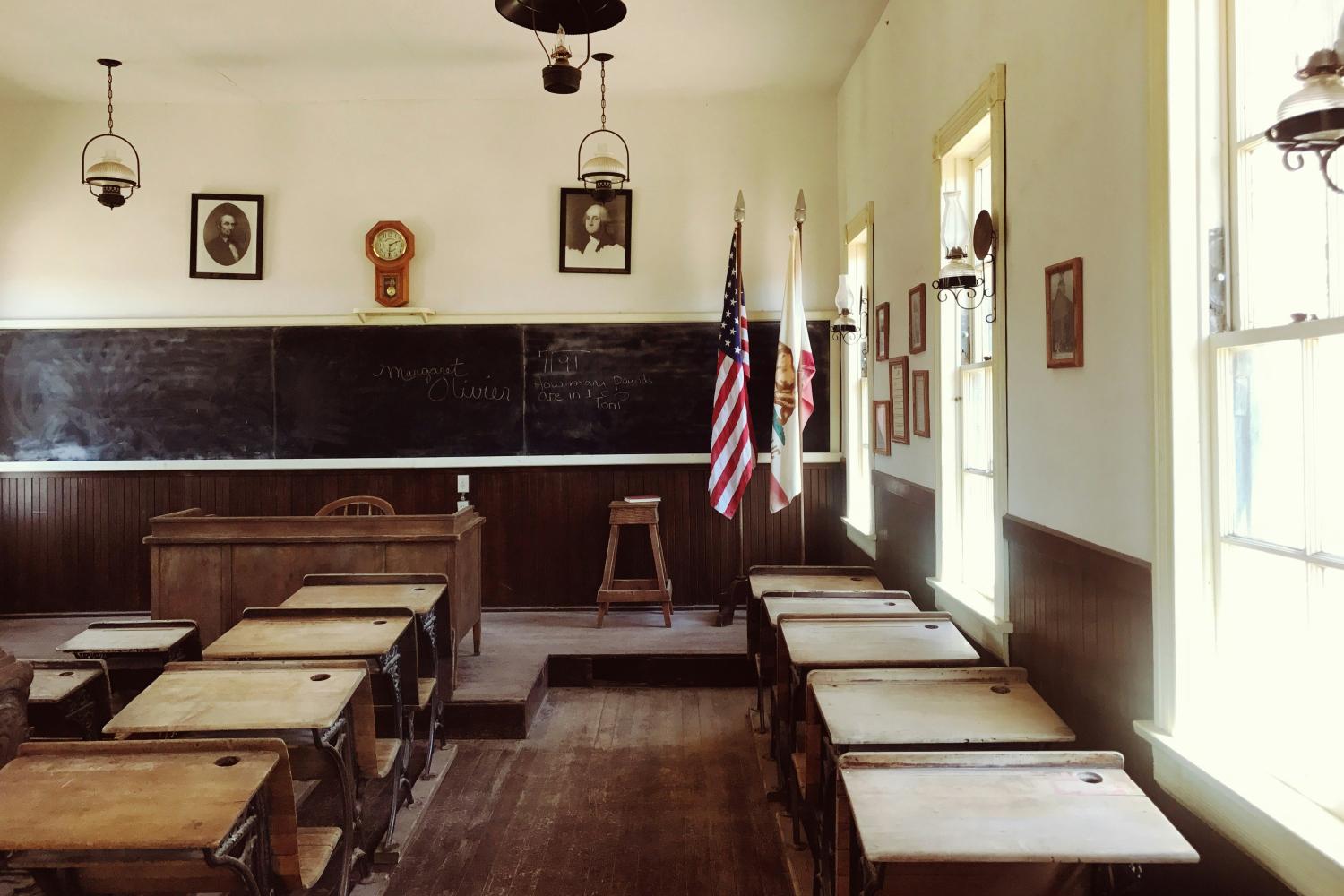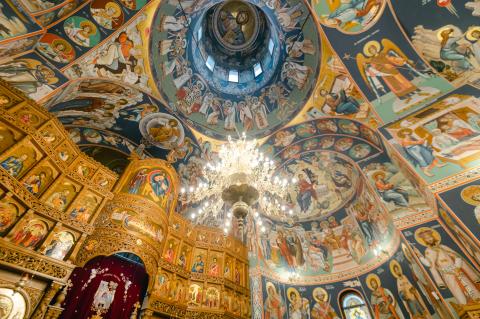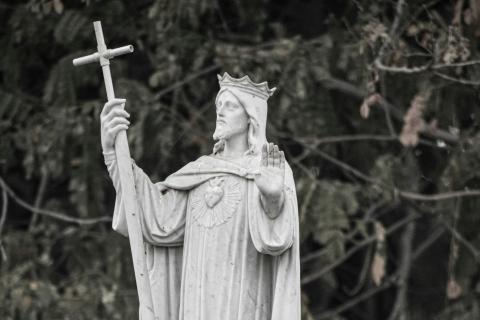
The Public Discourse is rolling out a three-part series on religious freedom, partly in commemoration of the 100th anniversary of the Pierce v. Society of Sisters ruling, which upheld the rights of parents “to direct the upbringing and education of children.”
Professor Robert George penned the latest installment, working through these complexities of negotiating parental versus state authority over the care and formation of kids. “The child is not the mere creature of the state,” the Pierce ruling had noted. Nor, George concurs, is the child “the mere creature of the parents.” Rather, children, he argues, are “participants in a unique and timeless person-to-person relationship between themselves and their parents” as well as those who make up their wider communities.
These relationships therefore come with certain contexts and parameters. George notes that no authority has the right to form children in a way that disfigures them in or for those relationships. Parents don’t have the right to abuse their children, for example, and the state doesn’t have the right to form them to believe that stealing and vandalizing are good. Rather, all parties involved in the raising of children are obligated to form them to be conscientious citizens, equipped with what they need to engage the world responsibly and well.
The trouble is that this claim presupposes that we’re operating in some kind of common moral universe – that we all know what we mean by value markers like conscientious or responsible or good. It presupposes that it’s this higher moral truth that parents and the state are appealing to, in determining how and what to teach a child. Neither tends to be wont to say that they’re imposing their will arbitrarily, in their teaching; both tend to claim instead that they’re instilling in their kids a set of principles and ideals that will serve their genuine good.
And yet, on its own terms, lots of people would balk at making such a claim about our living in a common moral world: all of us have our own truths, our culture proclaims, and it’s not anyone’s prerogative to impose their truth on another person’s. But here we stumble into a world of contradictions. How are we to arrive at a set of common ideas that we can safely educate our children in, if no one’s truth has genuine and binding authority over anyone else’s? How are we not simply living in a world of arbitrary power, where parents and the state are jostling for their truths’ influence over the other’s? How are we to move beyond these mere power plays, if any appeal to a “universal” is looked upon with suspicion?
Our relativistic world can sometimes seem merely frustrating or irritating, perhaps – it can rub the wrong way to have certain religious ideals automatically denounced as bigoted or indoctrinating, for example. But cases like this one are good reminders that the stakes are very high in the midst of such a world, too. All of us want the best for the children that belong to us, surely – whether they belong to us personally or as a wider society. And perhaps it’s in their, and our, interest if what the “best” is is not left up to the simple machinations of a given human will – whether a parent’s or the state’s. Maybe it’s in all our interests if what we determine the “best” for human beings to be comes instead from a common, shared, transcendent ideal, one that goes far beyond any one of us.
Pope Leo XIV recently warned us not to sell ourselves to the first bidder.
Recently, a video generated by artificial intelligence tricked many into believing Pope Leo XIV had praised the revolutionary leader of Burkina Faso. This constitutes not only the theft of an image and voice, one author notes, but of moral authority itself.
Much has been made of Pope Leo's self-naming in honor of Pope Leo XIII, the author of Rerum Novarum, a foundational document on modern Catholic social teaching. Russell Hittinger explores the document's main accomplishments.
Encounter three French saints (some of whom you may already know) as portraits of commitment and courage: St. Thérèse, St. Joan of Arc, and St. Blandine.


